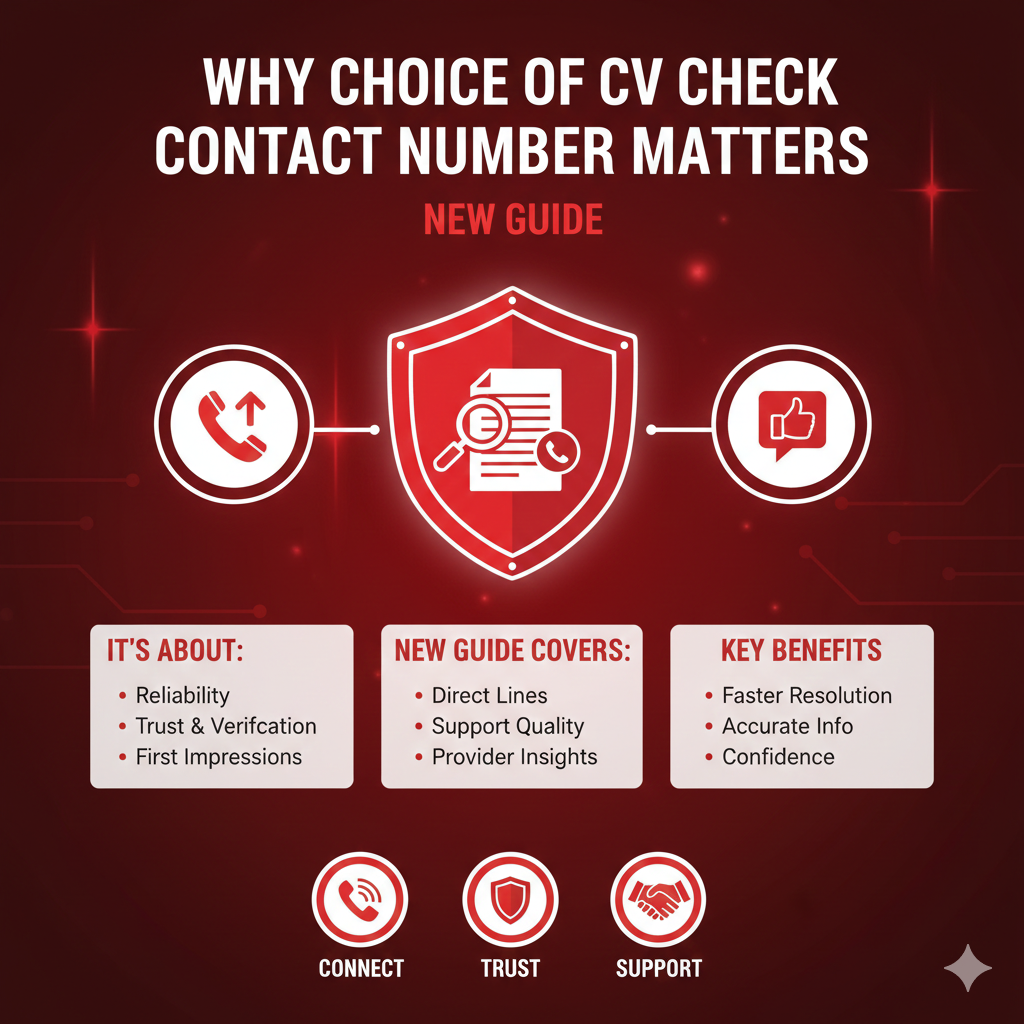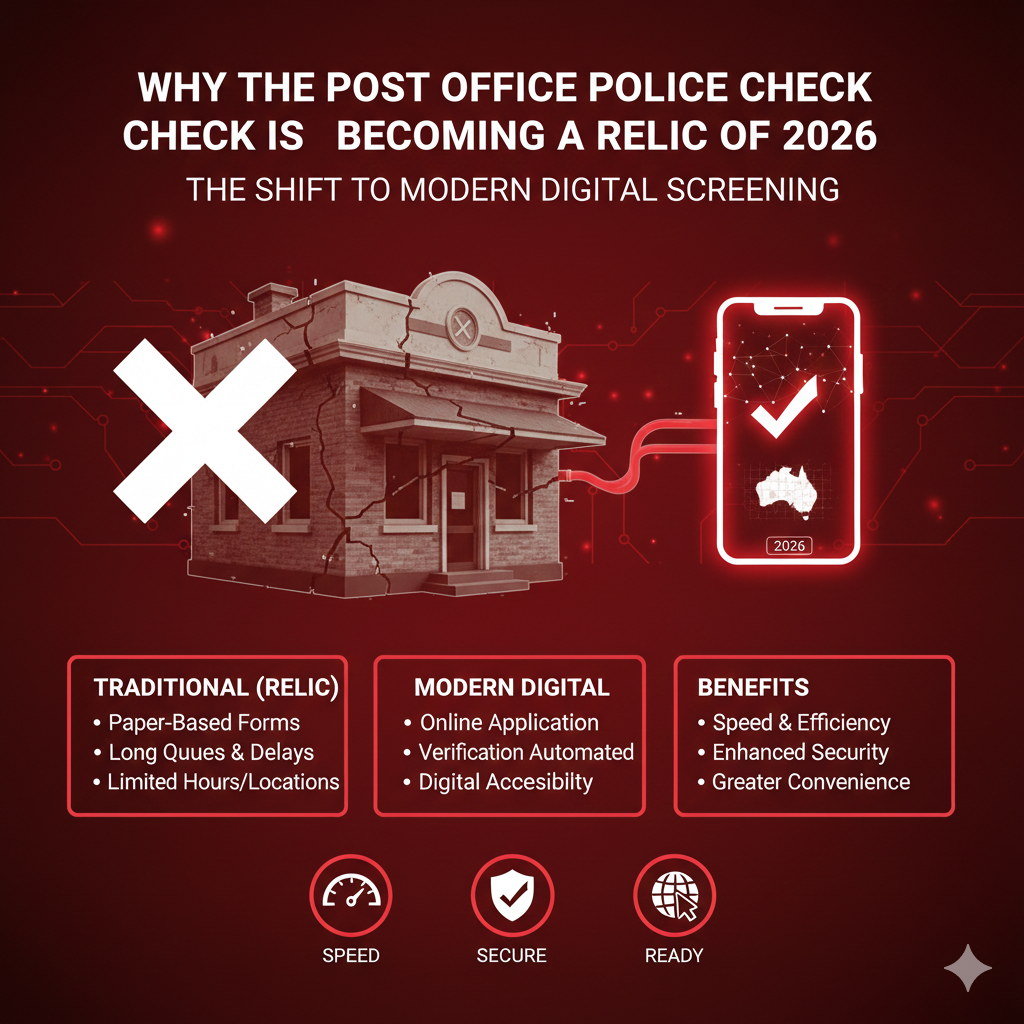Searching for a job is challenging and rewarding at the same time. Whether you are a professional seeking full-time, freelance, or even remote employment, having a structured approach to seeking employment will increase your chances of success with certainty. This guide will share some job-seeking strategies, both offline and online.
Understanding Police Checks and Background Screening for Work
Before diving into your job search, it’s important to be aware of specific requirements that might affect your applications, such as police checks. For positions in Victoria, a police check is often required, especially for roles involving working with vulnerable populations or in sensitive environments. Obtaining a police check Victoria can ensure that you meet the legal and professional requirements for your desired job.
About How to Do a Job Search
It is equally important to step back and reflect on how one seeks a job. This involves where you might be looking for the job, how to present yourself, and a few of the best tools. Here is a deep dive into these aspects.
1. Identify Your Job Search Goals
You need to get clear as to what you need exactly in terms of job search. Ask yourself:
- What kind of job am I looking for?
- Do I want to work on a full-time, part-time, or freelance basis?
- Which industries or companies am I targeting?
- Having clear answers will help narrow your focus and streamline your search.
Know Your Strengths and Skills
Understanding your strengths and skills will allow you to go about finding job opportunities more effectively. It enables you to compare yourself-to see how your qualification meets the requirements of the position. Tailor your resume and cover letter to highlight relevant experiences by presenting your background.
Establish Realistic Job Search Expectations
The job market demands awareness of its emerging trends, salary scales, and demands. The realistic expectations under the circumstances of market conditions will not let you get frustrated.
2. Review Your Resume and Cover Letter
An updated and polished resume and cover letter are important in job hunting. Ensure that your resume and cover letter are updated, highlighting all the related skills and experience. For every application, tailor-make your cover letter, showing what the job requires.
Resume Targeting
customize your resume for each job application you are going to apply to. Take guidance from the qualification requirements. Also, make use of the keywords mentioned in the job description to beat the ATS.
Write a Believable Cover Letter
Let your cover letter reinforce and build on your resume. Give meaning to your experiences. This section explains how you will be a perfect fit for the position and how you are interested in it.
3. Use Job Search Engines
This will provide the avenues to seek employment through websites such as Indeed, LinkedIn, and Glassdoor. Refine your search by typing in keywords and using filters, and create a job alert that notifies you of a new opening.
Optimize Your Job Search Strategy
Put filters on job listings and search using search parameters. Save your searches and set up alerts that will help return notifications on job openings relevant to your criteria.
Explore Niche Job Boards
“#” Aim at Niche Job Boards Job boards that are specific to industries often carry out job listings that the bigger sites do not include. Utilize the boards that are super-niche and are relevant to your career industries to spot these hidden job markets .
4. Network and Make Contacts
Networking can really work wonders with your job search. Network with folks in the industry of your interest, attend network gatherings, and use LinkedIn.
Attend Industry Events and Conferences
Attend industry events and conferences to grab information and precious contacts. It will help you in knowing about job opportunities as well as industry trends.
Network through Online Platforms
Utilize online platforms like LinkedIn by connecting with industry leaders or join groups of relevance. Participate in the group discussions so that your professional network increases.
Finding work from home jobs
There is definitely enough work to be found in remote online work if you only know where to look. So here are some tips and strategies to optimize the remote job search:
- Use Remote Job Boards
They have tons of remote work-specific job boards like FlexJobs and We Work Remotely. There’s indeed a pretty great number of opportunities available with a mixture of full-time and part-time remote jobs.
- Research
Companies that are friendly to remote work: Identify companies or organizations that are known for hiring remote employees. Proceed with visiting their websites and exploring the opportunities as well to understand what their remote work policy looks like.
Tailor Your Resume for Remote Work
It is important to include self-management skills and timekeeping, perfect for remote work. Experiences of working away from the office can also be added with examples.
2. Get to Remote-Friendly Companies
You will find a list of companies that have already established some form of policy for remote work. Check their career pages and look for positions that are exclusively remote.
Look for Startups and Tech Companies
Generally, startups and tech companies are more open towards flexible and remote standards of work as compared to established companies. Coworker opportunities in such kinds.
Finding Work Experience
Relevant work experience might be all that stands between you and your next job. Here’s how to build your experience:
Appointments, Internships, and Volunteer Positions
Internships and volunteer positions can afford very useful experience. More to this, they improve one’s CV. Source for such opportunities in your business domain.
Find Internships in Your Field
Search for Internships that can assist in developing the career of your dream. These opportunities will give practical exposure and could even turn into a full-time job.
Volunteer on related projects
Help on projects or with volunteer jobs related to the profession you are in. It will show prospective employers your level of dedication and skills.
FREELANCE
Freelancing can help a portfolio and gain experience through many sites. Upwork or Freelancers have hundreds of jobs available.
Freelance Portfolio
Work to build a freelance portfolio with feedback from clients and descriptions of previous projects.
Look for Short-Term Projects
Look for freelance gigs on a short-term basis.
3. Network with Industry Professionals
Networking can be a great way to be informed about work experience opportunities. Look out to people working in the area you have interest in, and ask about potential internships or entry-level openings.
Professional Organizations
Professional organizations based in your industry often provide access to networking events and job opportunities.
Informational Interviews
Informational interviews are individual professional deals that can give you insights and, in turn, from which you may get job openings.
How to Find Both Active and Passive Job Seekers on LinkedIn
LinkedIn is a powerful tool. Here is how you use the tool effectively:
Use LinkedIn’s Job Search Function
Head to LinkedIn to search for professionals who are on the lookout. You can use its job search function and insert keywords, increased by “open to work,” to make sure such people come in your prospective employees’ search results.
Use Advanced Search Filters
Search from the pool of advanced settings available based on domains, job titles, and more.
Browse Profiles
Scan candidate profiles to see if they have relevant experiences and skills.
2. Be Part of Right LinkedIn Groups
Join the right LinkedIn groups that resonate with your industry in order to post any job openings and participate in the group discussion for scouting potential candidates.
Post your Job Opening in the Group
Even when you’re not hiring, post your job opening on the right LinkedIn Group.
Get Engaged in the Group
Comment over the discussion and enlighten the group with your valuable inputs to get noticed.
3. Update your LinkedIn Profile
You need to make sure your LinkedIn profile is modern and full of the right keywords so that it gets the attention of the right recruiters and hiring employers.
Highlight Key Skills and Achievements
Present all your skills and achievements on your profile in the best possible way.
Request Recommendations
Request your coworkers or managers for recommendations to give an added edge to your profile.
How to Look Good for Work
First impressions mean everything. This is how you dress the part:
1. Dress the Appropriately
Wear appropriate attire for the job to be done and company culture. If possible, seek the dressing code in advance and dress appropriately.
Always Dress According to Company Culture
Study the dressing code of a company and then select your dress that will always complement the surroundings, either conservative or casual.
Get Ready for Interview
Clothing should be clean, well fitting, and modest. Pay attention to personal hygiene.
2. Ensure Online Presence is Positive
Potential employers have specific ‘habits’ online. Keep a professional image and sanitize questionable online activities on your social media sites.
Clean your Social Media Site Up
Clean your social media profiles every once in a while. You may need to set higher privacy settings for contents that can’t be fully deleted.
Make your Online Presence Professional
Publish posts related to your successes in the industry as a company and get into conversations about what is going on in the industry.
Prepare for interview
It instills confidence in a person. A person should prepare by understanding the commonly asked questions in interviews, research the company, and practice talking about experiences.
Practice Your Responses
Jot down and then practice what you would say in response to common interview questions. Use specific examples of your skills and achievements.
Do Your Research
Learn about the company’s value, the news about their mission/mission changes, and make your response according to that.
The job search encompasses the classic job-hunting methods and newer techniques in a blend. Improvement in the resume, networking, use of job search engines, and professional dressing will enhance your chances of getting the desired job.
Additional Information: Police Checks and Screening
For certain job positions, especially in sensitive fields, a police check might be required. Services such as Rapid Screening can provide the necessary background checks to meet job application requirements. For jobs in Victoria, consider using local services to ensure compliance with regional regulations. If you’re applying for positions in South Australia, check local requirements for police checks to ensure you meet all criteria.
Conclusion
Finding a job involves a combination of traditional and modern strategies. Make little improvements in your resume, network, get job openings using job search engines, and leave a professional impression to achieve that job of your wish.
If you need assistance with obtaining a police check, Rapid Screening offers comprehensive services tailored to meet your needs. Their streamlined process ensures quick and efficient background screening to help you stay compliant with job application requirements. Contact Rapid Screening to discuss your needs and receive guidance on how to get your police check done promptly




